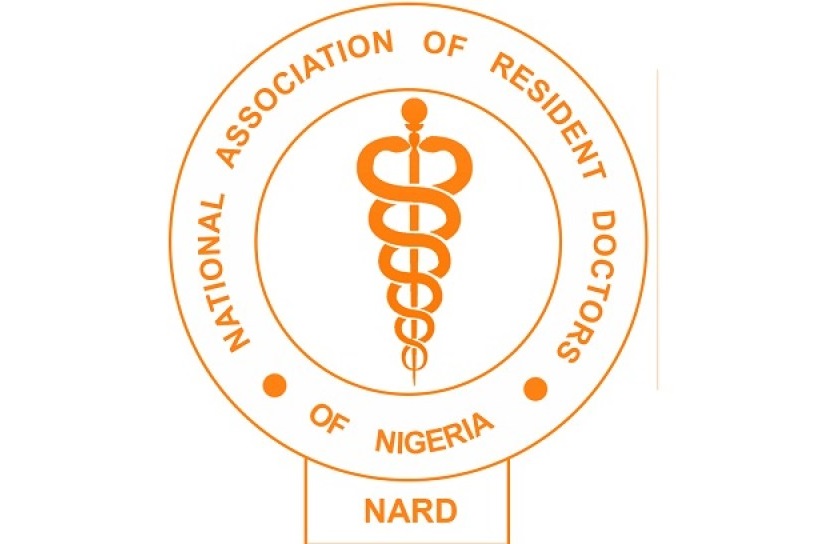Strikes in Nigeria – even thunder will need some lessons
“If there is no struggle, there is no progress” – Fredrick Douglass In the first quarter of 2021 alone, Nigeria has witnessed industrial actions from three bodies: National Association of Resident Doctors (NARD), Academic Staff Union of Polytechnics (ASUP), and Judiciary Staff Union of Nigeria (JUSUN). These bodies make up highly critical sectors: health, education […]

The Association of Resident Doctors (ARD)
“If there is no struggle, there is no progress” – Fredrick Douglass
In the first quarter of 2021 alone, Nigeria has witnessed industrial actions from three bodies: National Association of Resident Doctors (NARD), Academic Staff Union of Polytechnics (ASUP), and Judiciary Staff Union of Nigeria (JUSUN). These bodies make up highly critical sectors: health, education and judiciary respectively. They all have different issues but similar grouse: welfare and non-implementation of agreements by government.
When NARD downed tools on 1 April 2021, one would have taken the headline to be April Fool. The health sector has performed dismally. This is the reason why on numerous occasions our dear president has travelled overseas to seek medical attention. It is bad timing that resident doctors are forced to down their tools despite the poor capacity of the health system and the COVID pandemic the world is battling with.
- Resident doctors will account for any death during strike – Senate committee
- Gunmen hit another police formation in Imo
The elite in Nigeria are well known for medical tourism. But most people thought that with the way the pandemic made foreign hospitals inaccessible the elite will rally around and improve healthcare delivery in Nigeria. But we have not seen any swift turnaround and the statistics are not in our favour. The United Nations recommends 1 doctor per 1,000 people but Nigeria has 3.8 doctors to 10,000 people.
During this pandemic, doctors are frontline workers and it is pathetic that their insurance and health hazard are not guaranteed and the government is yet to pay them some of their benefits.
The mammoth crowd that trooped out for the EndSARS protest in 2020 comprised university students. Students in public universities were at home due to the Academic Staff Union of Universities strike. The impact of the strike made the government to swing into action and call off the strike. Shortly afterwards, the Non-Academic Staff Union of Universities (NASU) and Senior Staff Association of Nigeria (SSANU) embarked on their own strikes too but NASU and SSANU strikes have been called off. Currently, ASUP has embarked on industrial action as well because the government has failed to honour past agreements.
Education can substantially reduce the ills bedevilling Nigeria. Polytechnics train students with a keen focus on skills and hands-on experience which we currently lack in this country.
In compliance with the industrial action by JUSUN, courts were under lock and key and the judiciary was paralyzed. The staff on strike are integral to the judiciary and if their demands are not met then justice will be delayed. And justice delayed is justice denied. The legal maxim ubi jus, ibi remedium translates as where there is a right, there is remedy. With the current strike by JUSUN, this maxim is nothing but a wish – where will those entitled to the rights seek remedy?
The judiciary is supposed to be the most dignified arm of government where rights are pursued alongside prayers for justice and mercy. The main reason for the strike is financial autonomy for the judiciary which has not been implemented despite all efforts. This autonomy is a constitutional provision but it is not obeyed. Although, in 2020, President Buhari even signed an executive order to grant financial autonomy to the state and judiciary.
We cannot keep on operating like this. The government seems to only pay attention when there are strikes. It is a slap on the face of the government that these unions are forced to embark on industrial actions before their demands are met. Government should act and do the needful before this unfortunate circumstance turns out to be something else. Nobody is enjoying the present situation.
With the number of strikes we are witnessing and their impact on the people and the system, don’t you think even thunder has to come and take lessons from Nigeria ahead of the rainy season in order to sharpen its striking skills?
Khalifa Musa Muhammad lives in Kaduna
